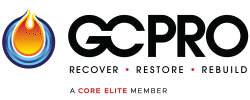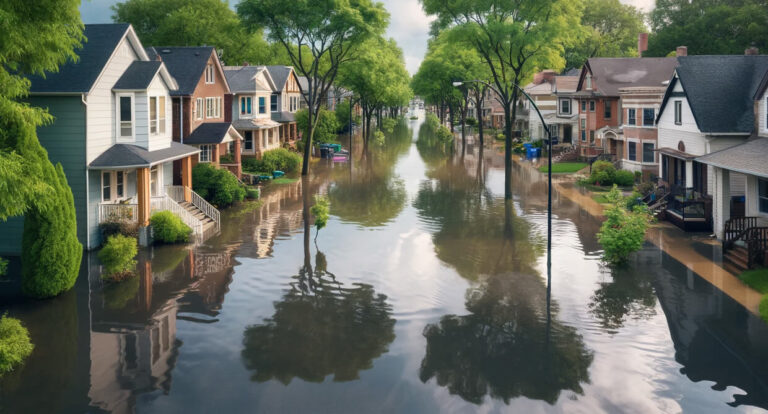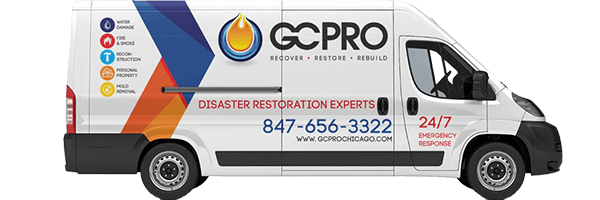Sewage backup or overflow is more than just an unpleasant inconvenience; it poses serious health risks and can cause significant property damage if not addressed promptly and properly. Understanding the steps to take for safe and effective sewage cleanup is crucial for homeowners and property managers alike. This guide covers everything you need to know about sewage cleanup, including safety precautions, the cleanup process, and when to call in the professionals.
Understanding the Risks
Sewage contains bacteria, viruses, and other pathogens that can cause diseases. Contact with sewage water can lead to skin infections, gastrointestinal illnesses, and other health issues. Therefore, it’s essential to approach sewage cleanup with the utmost caution.
Safety First: Protective Gear and Precautions
Before attempting any cleanup, ensure you’re properly equipped:
- Wear Protective Clothing: Waterproof gloves, boots, eye protection, and face masks are essential to avoid direct contact with sewage.
- Ventilation: Open windows and doors to ensure adequate ventilation in the affected area.
- Electricity: Turn off electricity to the area to prevent electrical hazards.
Step-by-Step Cleanup Process
- Remove Sewage Water:
- For small areas, a wet-dry vacuum can be used.
- Larger areas may require a pump.
- Dispose of Contaminated Items:
- Discard anything that cannot be cleaned and disinfected (e.g., carpets, upholstered furniture, paper products).
- Clean Surfaces:
- Wash all walls, floors, and surfaces with hot water and heavy-duty cleaner.
- Disinfect with a solution of 1 part bleach to 10 parts water.
- Dry Out the Area:
- Use fans, dehumidifiers, and natural ventilation to dry out the area thoroughly.
- This step may take several days.
- Prevent Mold Growth:
- After drying, inspect for any signs of mold. If mold is present, it may require professional remediation.
When to Call in the Professionals
While minor spills can often be handled without expert help, there are situations where professional sewage cleanup services are not just recommended; they’re necessary:
- Major Spills: Large-scale sewage backups require specialized equipment and expertise.
- Health Risks: If there are concerns about health impacts, professional services ensure a thorough cleanup.
- Mold Concerns: Professionals can address mold issues that often accompany water damage.
Choosing the Right Professional Cleanup Service
Selecting a reputable cleanup service is vital. Look for companies with:
- Certification: Ensure they are certified by an industry-recognized body such as the Institute of Inspection Cleaning and Restoration Certification (IICRC).
- Experience: Choose a company with a track record of handling sewage cleanup.
- Availability: Immediate response is crucial; many companies offer 24/7 services.
Conclusion
Sewage cleanup is daunting but manageable with the right approach and precautions. Whether you tackle the job yourself for small incidents or call in the experts for more severe situations, understanding the risks and steps involved is key to a safe and effective cleanup.
Remember, the goal is not just to clean up but to restore your property to a safe, healthy state. Don’t hesitate to seek professional help when needed, and ensure your peace of mind by addressing sewage spills with the seriousness they warrant.
For comprehensive water damage restoration services that you can trust, visit GSPRO Restoration’s Water Damage Page. Our team of experts is dedicated to providing you with effective solutions and peace of mind.








